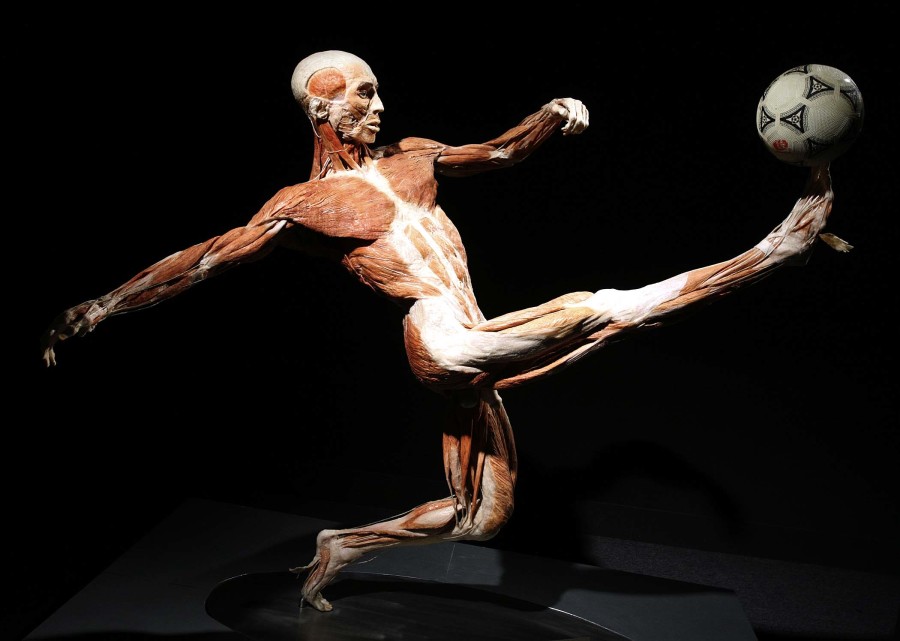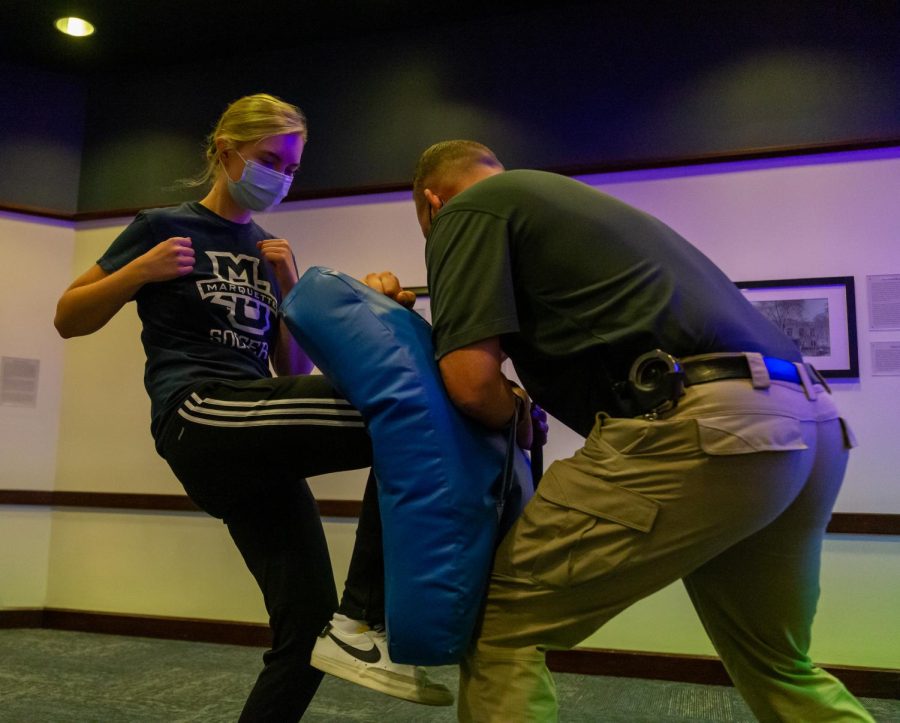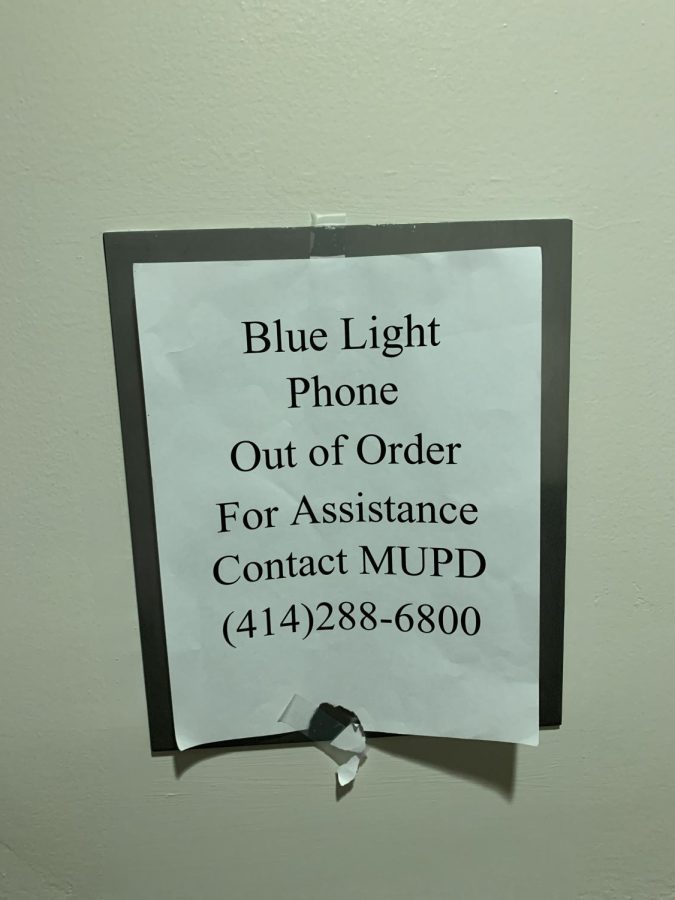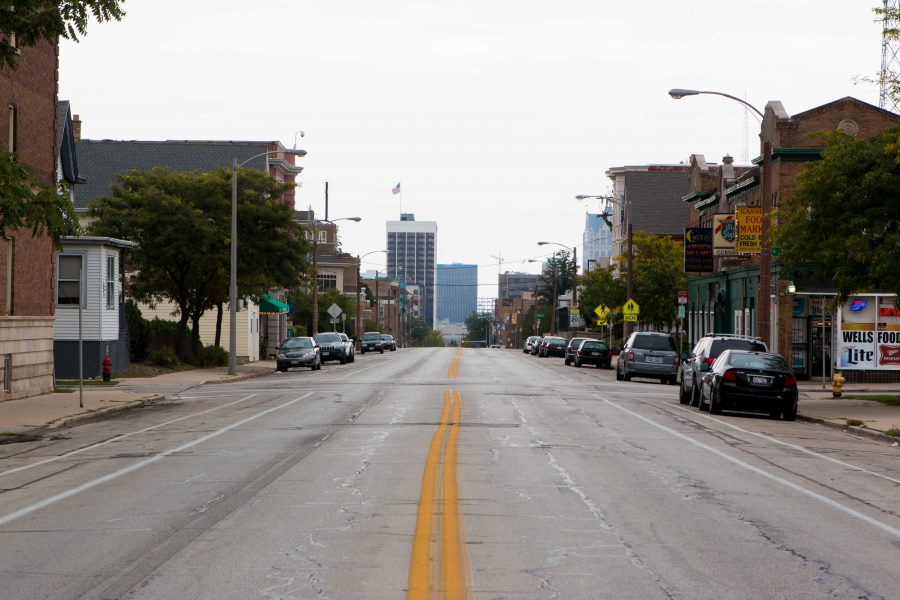The Marquette Police Department plans to implement body cameras on patrol officers in the near future, leading to a campus discussion about the effects body cameras could have on the relationship between police and citizens.
Associate criminology and law studies professor Meghan Stroshine, said body cameras have the benefit of documenting encounters in a clear and unbiased fashion.
“Body cameras are not merely for the benefit of the public; they have a lot to offer police officers as well,” Stroshine said in an email.
Michael Krzewinski, adjunct assistant professor of criminology and law studies and former Milwaukee Police Department officer, said body cameras can be beneficial when complaints are filed against an officer.
“In the past, the only thing the cop had to go on was his word,” Krzewinski said. “And now, with these particular cameras, there is going to be another aspect to back up the cop.”
Krzewinski said the cameras will make citizens and police officers more likely to follow the law. He thinks the cameras will provide an opportunity to change public perception about police officers.
“It will give the public some control over police, and it’ll give the police some control over proving that (police) aren’t as violent or as unruly as many people think,” he said.
However, there are downsides to the added surveillance, especially when it comes to financing it. The exact costs have not yet been determined, but they will likely be significant.
“Body cameras and related data storage are a substantial investment,” Stroshine said. “Data storage and management also constitute a significant cost.”
Despite the price, Krzewinski said MUPD needs to spend the money and “the sooner, the better.”
Some police departments in other cities use body cameras and Krzewinski predicts nearly all police departments nationwide will be using them in the next five years. Aside from aiding in police and citizen interactions, he said the most important use of body cameras could be having the recordings to use as criminal evidence.
Instead of rushing into camera implementation, Stroshine advocates for careful deliberation.
“There is a lot to be considered before adopting body cameras on a widespread basis,” Stroshine said.
Those considerations include: deciding what will be recorded, the length of time the recordings will be stored and determining who will have access to the recorded videos.
There is more to discuss and learn about the positives and negatives of body cameras going forward.
“It’s like walking on the moon, it’s never been done before,” Krzewinski said.







